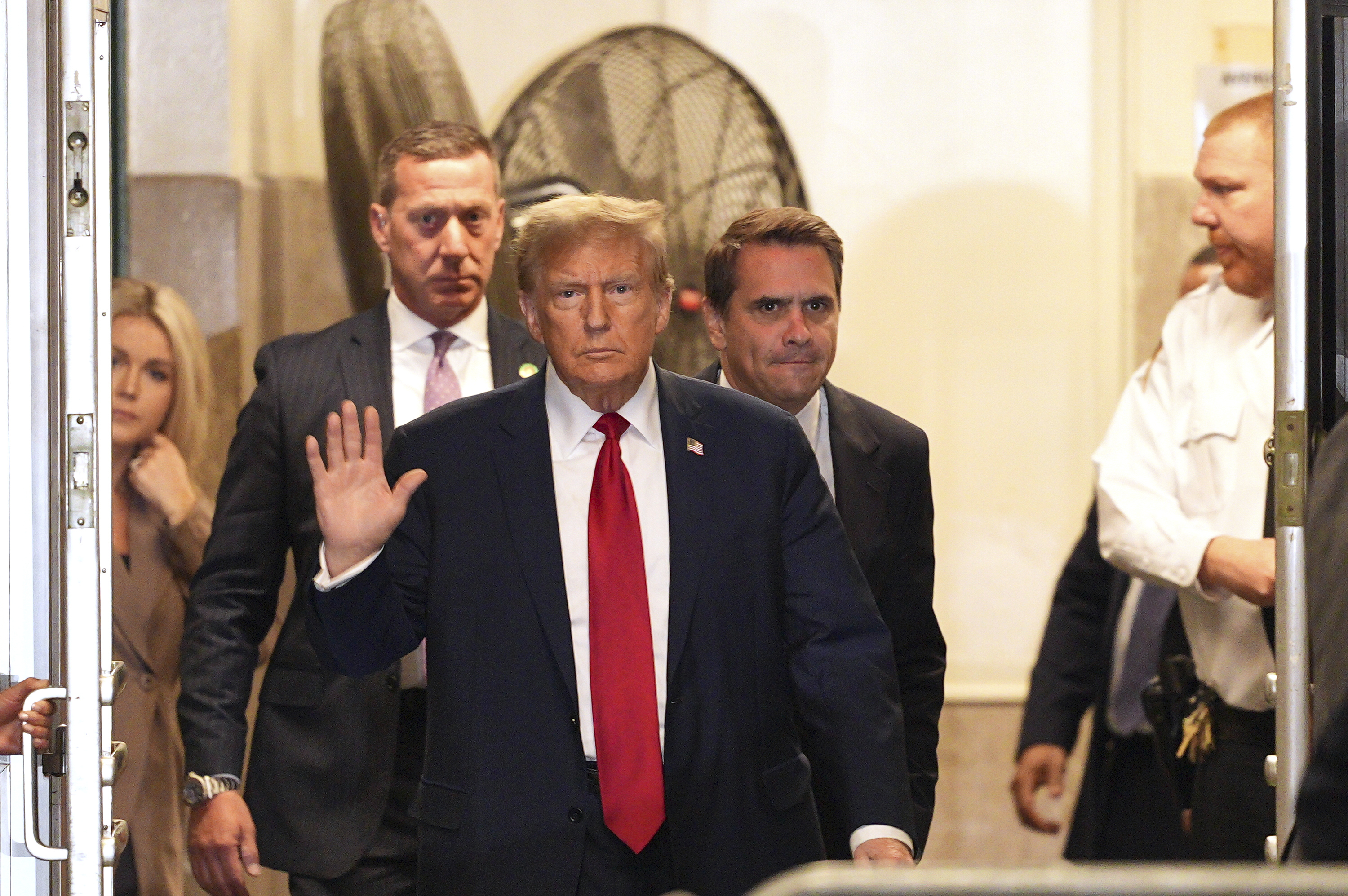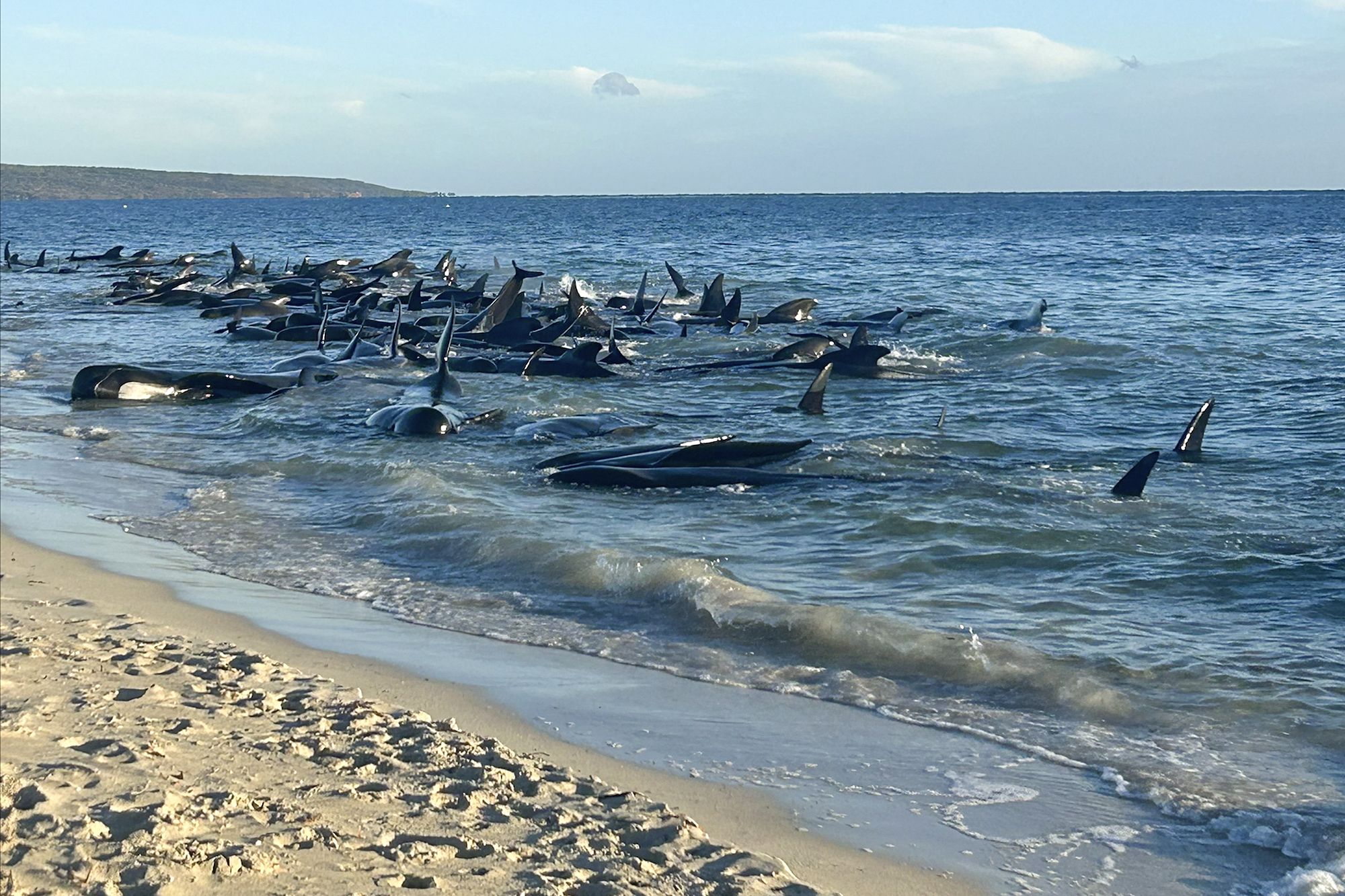In one video, a little boy dances during a parade at Disney’s Magic Kingdom. In another, a young girl dressed as a princess embraces her father. And in a third, two women explore Cinderella Castle.
All are part of Disney’s new campaign called “Let the Memories Begin” — a promotion that relies on what the company refers to as “guest-generated” content.
"Let the Memories Begin is about real guests making real memories in our parks,” said Leslie Ferraro, executive vice president of global marketing for Disney Destinations. “Disney guests have always loved sharing their vacation memories with us and each other. New technologies like YouTube and Facebook have made it easier and faster for our guests to share their memories, for Disney Parks to spotlight those memories on a larger scale, and for us to reinforce to our guests how important we think their memories are.”
Disney isn’t alone. The travel industry — which for years considered videos as byproducts of a happy vacation, if not liabilities that occasionally found their way on to the Internet — has also had a change of heart.
Newsweek: The business of the Disney empire
User-generated videos aren’t exactly new. They’ve been popular for years and have big audience online. According to ComScore, 178 million U.S. Internet users watched online video content in August, the latest month available. That’s an average of 14.3 hours per viewer. Many of the clips online are produced on the cheap, using a cell phone and rudimentary editing software on a PC.
But Disney’s campaign marks a turning point. The grainy videos with the tinny sound that occasionally went viral are now being accepted and even celebrated as authentic representations of a vacation experience.
U.S. & World
“They’re real,” said Jason Stein, a writer, producer and director for Laundry Service Media. “No script, no actors. I understand why the travel industry wants to employ more user-generated videos: It’s a real person documenting a real experience.”
It's about more than lowering production standards and handing over some of the creative control to a customer, said Wojciech Lorenc, an assistant professor at Columbia College's television department. “It's more like a convergence,” he said. “Consumers and smart brands like Disney interact with each other and share similar aesthetic values because digital media has leveled the playing field.”
Travel companies could get a boost from that trend, in terms of improved sales and visibility. But travelers might be the real beneficiaries, in the long run, because they’ll gain power.
“This is all about curating the content that helps sell the virtues of Disney through the experience of its consumers,” said Frank Sinton, CEO of MeFeedia. “This appears to be an attempt to better harness the user-generated content movement with hand-picked selections to help the company put its best face forward.”
The potential downside
But letting the user-generated content genie out of the bottle could also backfire. While Disney’s experiment is carefully orchestrated, other initiatives haven’t gone as smoothly. An often-cited case is TripAdvisor, which is best known for its written user-generated hotel reviews. Hoteliers have long complained that the reviews are false or inaccurate, and now several hundred have reportedly banded together and are considering filing a defamation suit against the company.
“The pitfalls are the same,” said Kaleel Sakakeeny, the chief executive of New Media Travel. The content, he added, reflects the experience of the traveler and not necessarily the interest of the company or destination in the video.
Related: Legal action threatened over TripAdvisor reviews
For example, a customer with a video camera in the wrong place at the wrong time could easily create a clip that negates all of the positive effects of a hundred user-generated videos. And since video can be more influential than a written review or a posted photo, the risks are greater.
Industry-watchers warn that encouraging users to document their vacations with their video cameras and post them online may, in fact, lead to more headaches than heartwarming moments.
“Individuals may have an axe to grind either because they are getting incentivized by the resort or they received bad service,” said Johnny Boston, the president and chief creative officer of Raw Digital. “In other words, people who post videos may have motives of their own.”
Not the end of professional video
Social media professionals say the move toward user-generated video content doesn’t mean the professionals should pack it up and go home.
“I definitely think we live in an online world where professional and user-produced content can not only live in harmony, but embrace and benefit from each other in a way that’s not competitive,” said Dana Detrick-Clark, the founder and producer of Serious Vanity Music Entertainment Resource Group. “I believe Disney will take this raw footage they're collecting from travelers and frame it in a professional way that makes it more engaging to view and learn from.”
But Andy Newman, whose public relations firm represents the Florida Keys and who has been an early adopter of video to promote travel, said viewers still prefer to watch professionally shot and edited footage. For example, the Keys runs a weekly video on its website on subjects ranging from how to make key lime pie to a tour of Dry Tortugas National Park. Many of these productions have tens of thousands of views.
“There’s still a place for good, news-style video production,” he said.
Disney agrees. Ferraro, the Disney executive, said the company notes the new campaign includes some professional video, “the combination of which takes our campaign to a new level of creativity.”
Still, Disney’s acceptance of user-generated content is an important milestone in the evolution of online video. It shifts some power to travelers — power that they never imaged they’d have. And there’s more to come.
“Digital media is evolving constantly,” said Hawk Thompson, the content director at the marketing firm Springbox. “Today's smart phones shoot HD video. Tomorrow they’ll shoot 3-D footage.”



